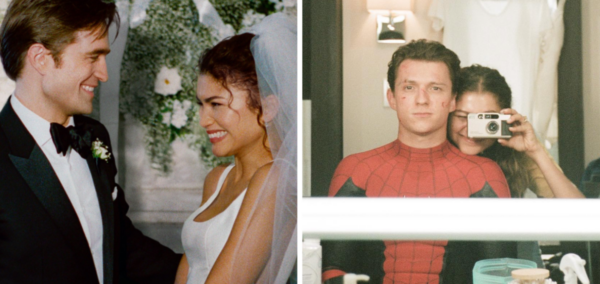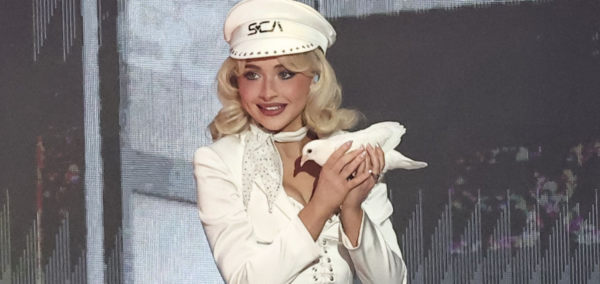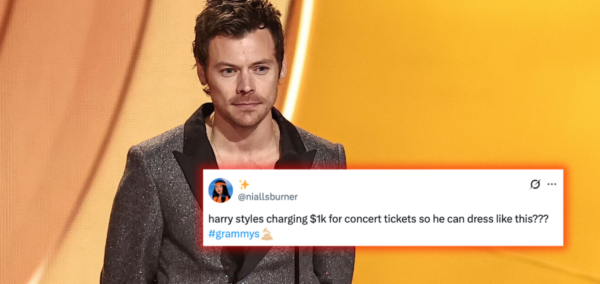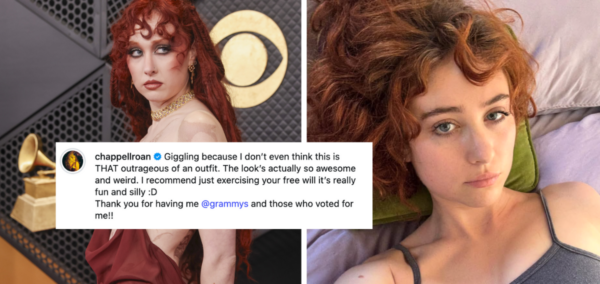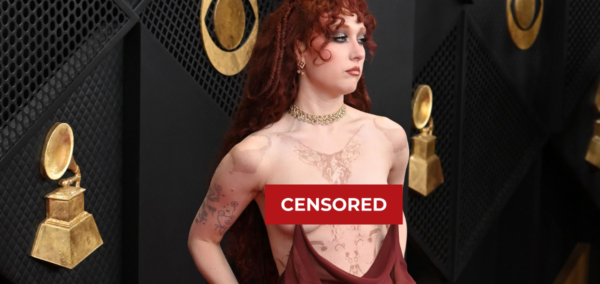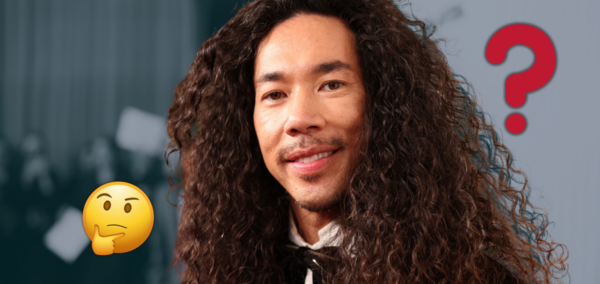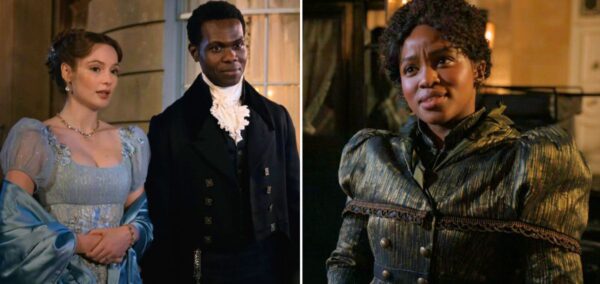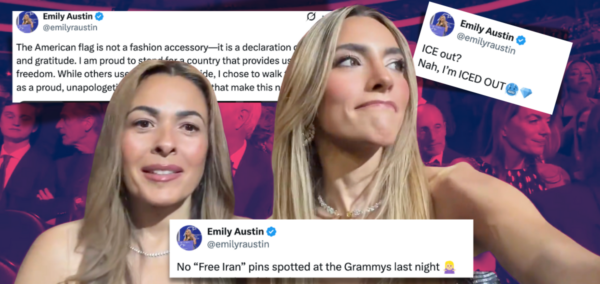
These are the subtle signs you can tell if someone is upper or middle class, by an expert
One is going on ski holidays
An expert has revealed the seemingly quite subtle tell-tale signs someone is upper or middle class. Vital information, darling.
Dani Payne, who specialises in politics and education, shared a video on TikTok to give her insight. She was asked: “Can you give us an example of the types of rules etc that you would say make it obvious to members of the MC that someone comes from a WC background?”.
She called the topic “fascinating” and said it comes down to “how the upper and elite classes signal to society they’re part of the upper and elite classes.” This was all without literally saying “I have loads of money” or “I come from wealth”. Dani explained it’s a lot more subtle than that.
@danihpayne Replying to @𝐌𝐚𝐫𝐲 how does the upper class signal that they are upper class? Of course I’m talking about this from a population level and they’ll be variation without groups – e.g. some working class kids will know these things and some upper class kids might not, but statistically at a population level the middle and upper class have access to certain resources, experiences and knowledge that give them an inherent advantage as they move through the education and employment system #class #workingclass #socialmobility #culturalcapital #politics #uk #policy #university #education #socialjustice
The signs someone is upper or middle class fall into three areas: Behaviour, experiences and knowledge
Dani began by explaining there are lots of different ways someone might signal that they’re part of, or have come from, a certain class background. She said a lot of the theory around this comes from a French sociologist.
Dani said that previously, having a university degree was the “great signaller” of being upper class, but that isn’t the case anymore. “More people from more diverse backgrounds access and achieve that qualification,” she explained of today. So now, “the upper and middle class need other ways to signal they’re upper and middle class.”
Most Read
She explained those signals fall into different “areas”. The first being behaviour. “How you act, how you talk and what you are talking about,” Dani said are all indications of class. “And that’s not just accent, although accent is a really big thing in the UK. But it’s also what are you talking about, what’s polite conversation. Do you know it’s extremely impolite to ask about money and wealth, etc?
“Do you have a wide vocabulary, are you well-read, and well spoken? All of these things signal allegiance to a certain class structure.”
Dani went onto say another area is experiences and memberships to “certain elite groups”. Traditionally, this would have been being a member of an “old boys’ club” or similar. “It’s also like, have you ever been to the opera? Do you go to art showings? Do you go on ski holidays?,” she explained.
Finally, another signal area is knowledge. Dani said: “That’s essentially, what do middle and upper class kids know, that we don’t teach working-class kids? That might be for example, how to navigate the university system? Which is the best university to apply for? Which is the best course to apply for? Do you know how to apply for a job…how to act in the workplace? Do you know how to write a CV?”.
She added: “All of these things mean that you might have the exact same grades, educational background, etc, as someone who is middle or upper class, but they still have an inherent advantage, because they know all of these kind of social rules.
“They know how to act, they know how to get ahead. They know how to navigate the education and employment system. That gives them this inherent advantage in life.”
For more like this, like The Tab on Facebook.








